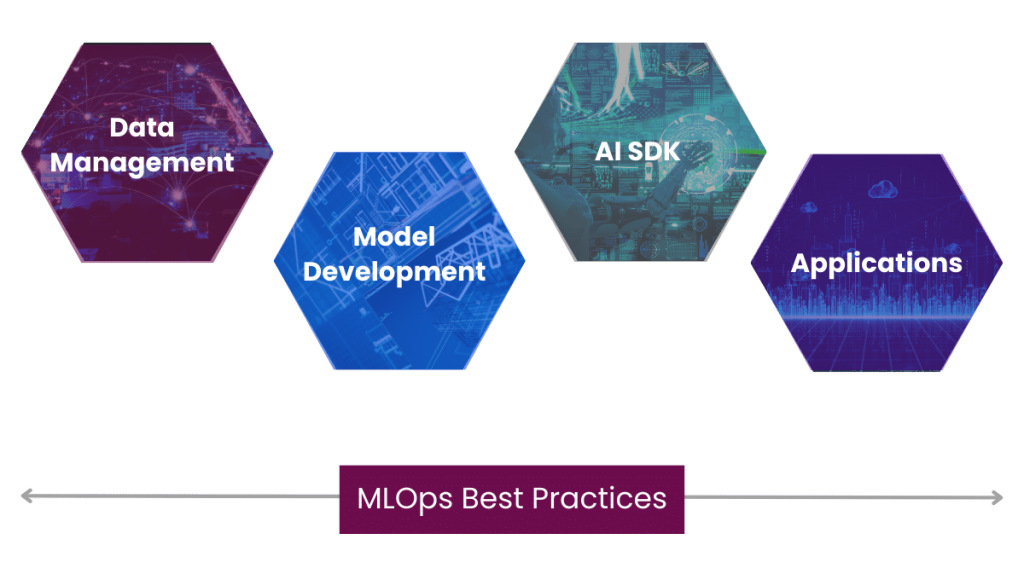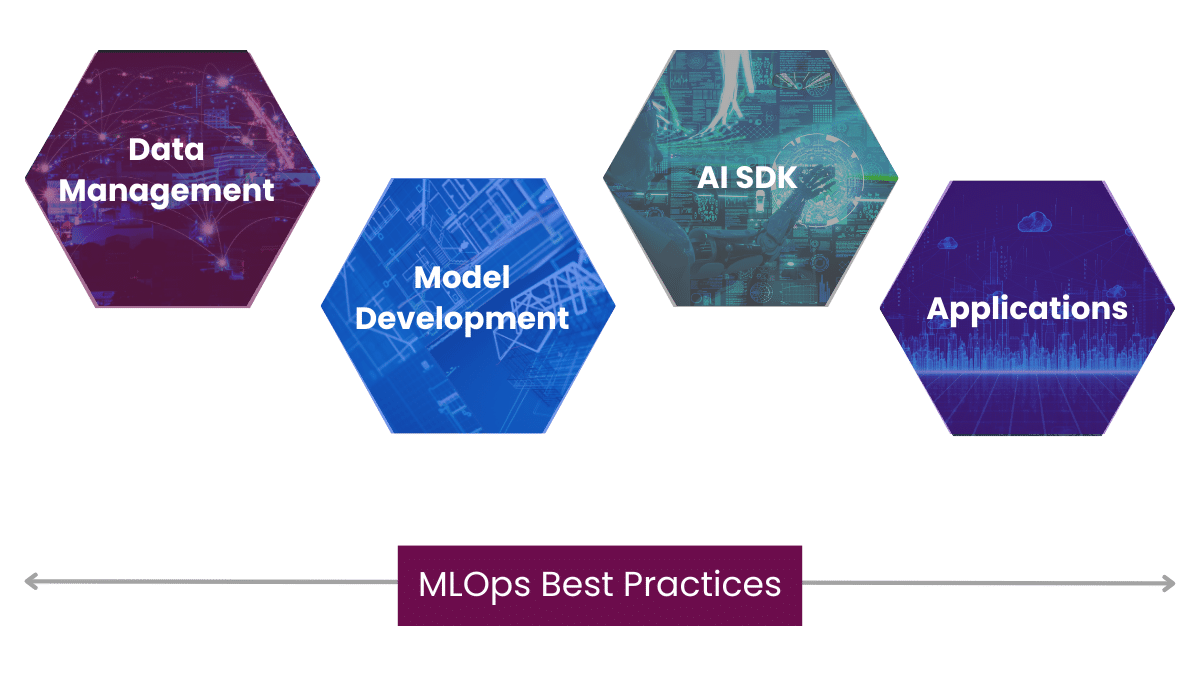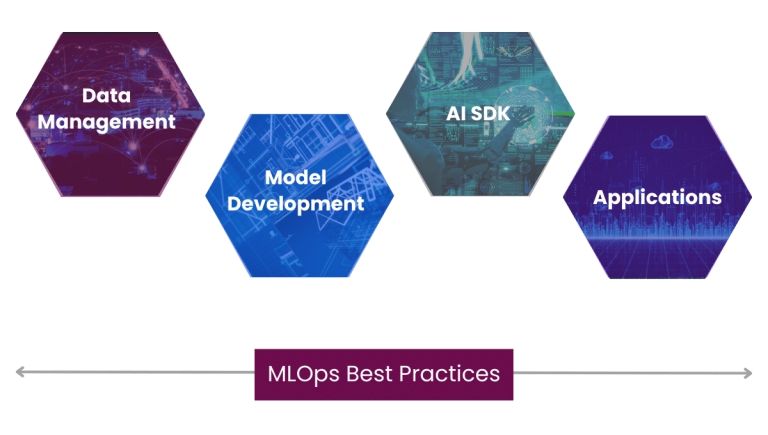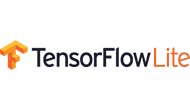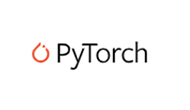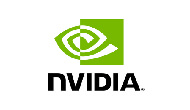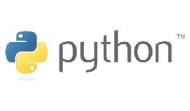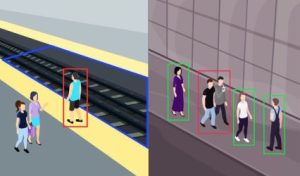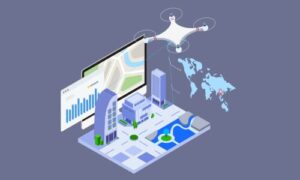AI ANALYTICS SERVICES

Elevate your product engineering with our cutting-edge software services, powered by the transformative magic of Generative AI.
- Use of Opensource models and mainstream GenAI models in API access mode
- Training LLMs with custom data (structured/unstructured)
- Finetuning and improving LLM performance
- Porting & optimization of LLM & LVM on AI HW accelerators
- Benchmarking various LLMs for performance
- Expertise in various Transformer architectures
- Prompt engineering

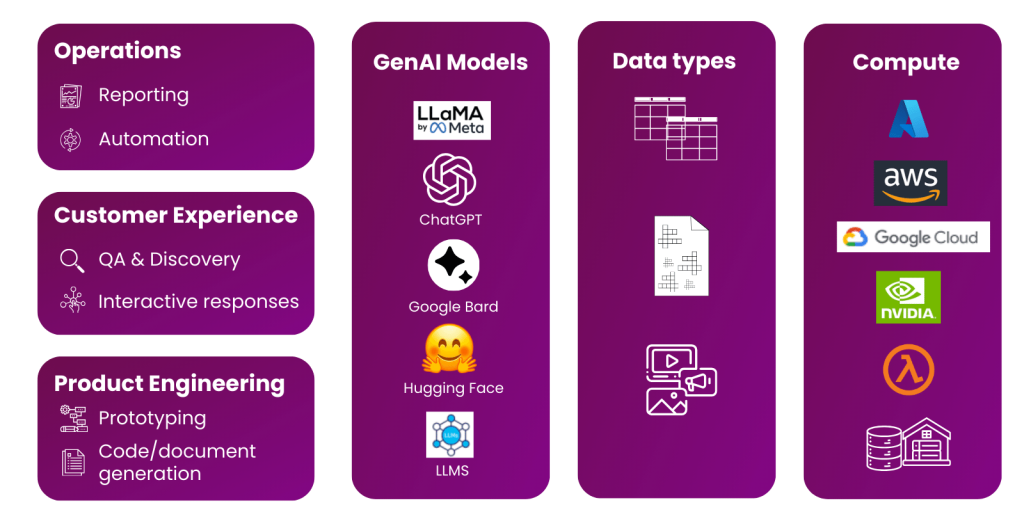
LLM-based Video Classifier App
AI Analytics Services Model Benchmarking Framework:

- Performance benchmarking
- Power benchmarking
- Various quantization levels
- Various batch sizes
- Various resolutions
- Tokens-per-second
- Time-to-first-word
- Precision
- IoU, MAP
- Top1, Top5, Top10
- LLaMA2
- MobileNet
- Resnet-50
- SSD
- Inception
- VGG-16
- AlexNet
- YOLO v2, v3
- Custom CNNs
- SqueezeNet
- Tensorflow, TF-Lite
- Caffe / Caffe2
- PyTorch, MXNet
- ARMNN, TensorRT
- NVIDIA A100, H100
- NVIDIA RTX3xxx / TITAN
- NVIDIA Jetson Xavier / Nano
- Google Edge TPU
- NXP i.MX8M
- TI Jacinto7
- Intel Arria10 FPGA
- Custom AI accelerators
- Intel NCS
Ignitarium’s AI Analytics Services: Unlock Data Insights and Drive Growth
Ignitarium’s AI Analytics Services empower businesses to transform complex data into actionable insights, driving innovation and growth across industries. Leveraging advanced AI techniques, Ignitarium offers comprehensive solutions encompassing data management, model development, and application deployment.
Key Offerings:
- Data Management: Expertise in preprocessing data from 2D/3D sensors (camera, LiDAR, RADAR), synthetic data generation, virtual sensors, automated data labeling, and data versioning.
- Model Development: Development of efficient deep learning models using CNNs, RNNs, Transformers, and Generative AI algorithms, as well as classical machine learning techniques like SVMs and Markov models. Capabilities include porting models to edge devices and cloud platforms, model customization, and optimization for performance.
- AI SDK Integration: Collaboration with AI chip companies to develop and optimize AI hardware and software SDKs, reducing time-to-market for AI accelerators.
- Applications: Development of AI applications for various use cases across industries, including edge and cloud platforms, with expertise in embedded systems, AI, web development, and cloud integration.
By integrating these AI Analytics Services, Ignitarium enables organizations to harness the power of artificial intelligence, enhancing decision-making processes and fostering business growth.
Data quality is crucial in artificial intelligence because it directly impacts the performance, accuracy, and reliability of AI models.
Our team has expertise in
- Preprocessing data from various 2D and 3D sensors – camera, LiDAR and Radar
- Synthetic data generation
- Virtual sensors – using stored sensor data
- Automated data labeling
- Utilities for parameterized audio and video test stream generation
- Data versioning
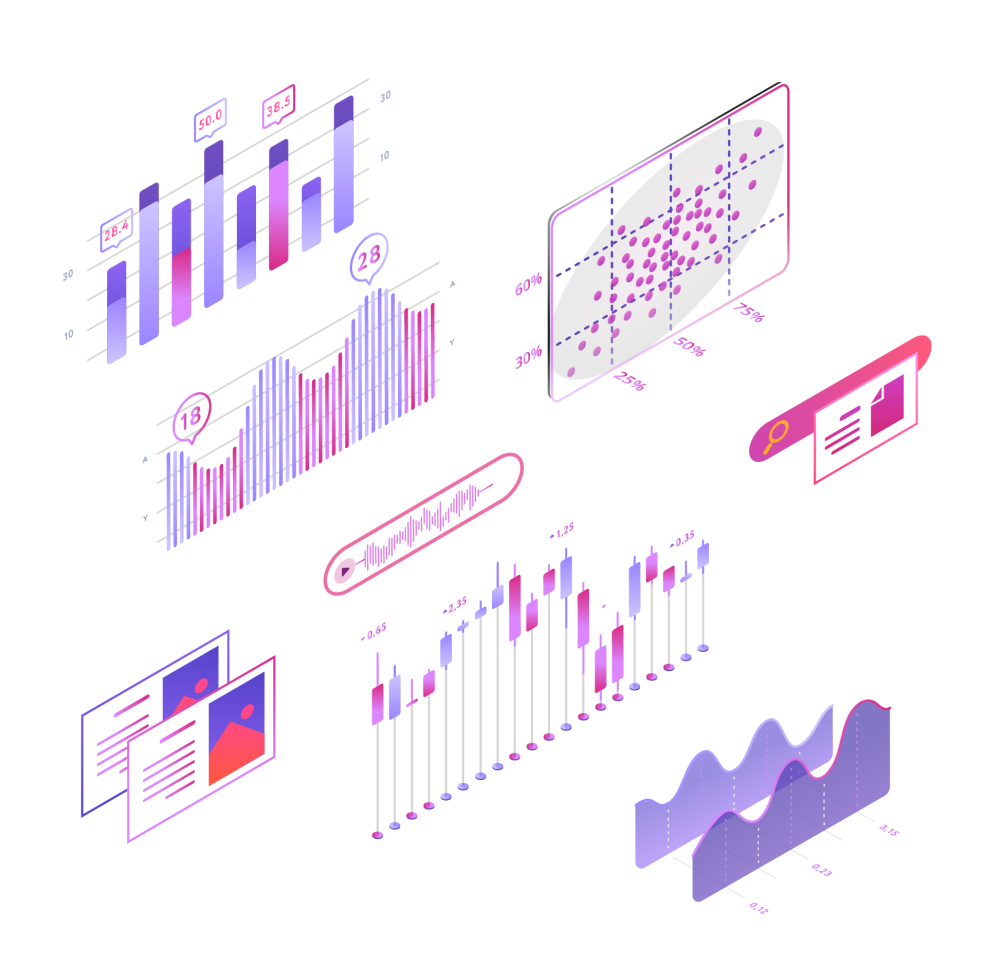
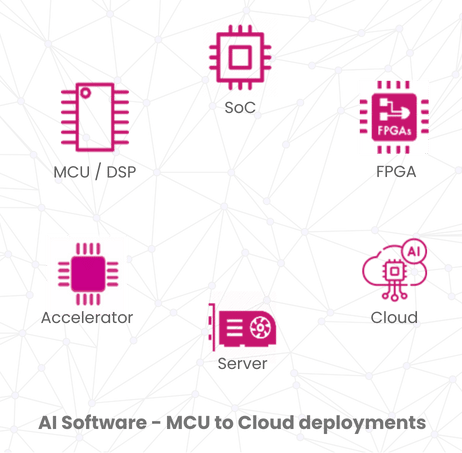
- Expertise in developing power and memory efficient Deep Learning (DL) based solutions using Convolutional Neural Networks (CNNs), Recurrent Neural Networks (RNNs), Transformers and Generative AI algorithms
- Expertise in developing classical machine learning algorithms such as Support Vector Machines (SVM), dimensionality reduction techniques, Markov models for solving classification, regression, and time-series forecasting problems
- We have capabilities to port AI models to all kind of edge devices and cloud platforms
- Model customization and graph surgeries to address layer support on different types of AI accelerators
- Model pruning and optimization to enhance the model runtime performance
We partner with AI chip companies who are in the process of developing AI hardware and software SDKs, and help reduce time-to-market for AI accelerators.
With our deep understanding of the customer’s hardware architecture, memory constraints, computational operations, our team can support:
- AI SDK kernel library development, enhancement, and porting
- Custom operator development and optimization for DL accelerators
- Full graph, sub graph porting and optimization
- DSP library porting and optimization
- Developing and optimizing OpenVX kernels, GStreamer plugins
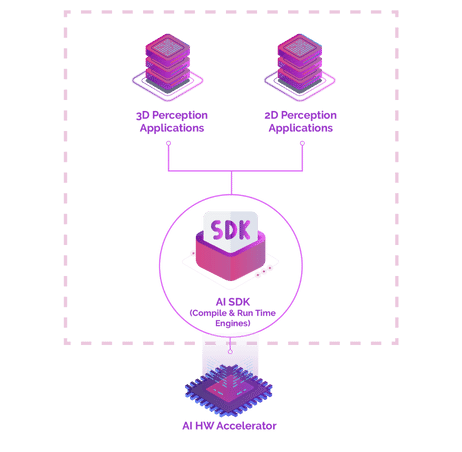
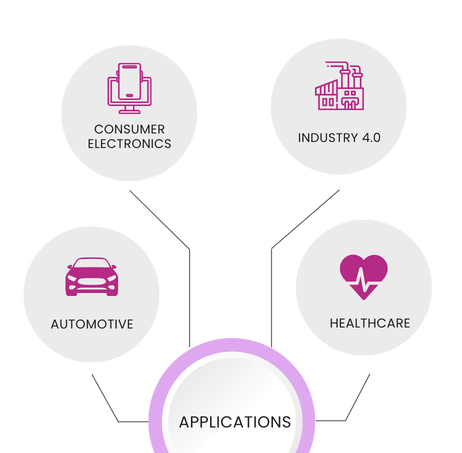
- Architect, design and develop AI applications for various use cases across industries
- Application development on Edge devices and on cloud platforms
- With expertise in Embedded, AI, web development and cloud, we can develop complete solutions integrating device, cloud and user inputs
- Validation of algorithms, models and applications


Predictive Battery Analytics

Autonomous Mobility
Autonomous mobility is enabled by sensor fusion algorithms – which fuse multiple sensors (camera and LiDAR) using both classical & deep learning approaches, and navigation stacks.
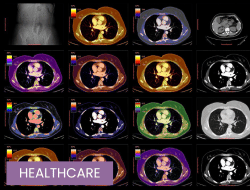
Medical Imaging
The diagnostic accuracy and efficiency of medical imaging is being enhanced through advanced image analysis and pattern recognition algorithms, and also by automated patient positioning during scans.

Defect Detection
Ignitarium’s visual AI based defect detection platform, captures visual data and uses AI models to detect defects in civil infrastructural assets like rail tracks and wind turbines.
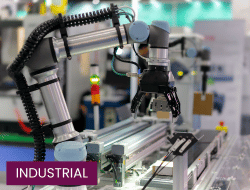
Advanced Robotic Picking

Factory Worker Analytics
Factory Worker Analytics includes person and personnel protective equipment (PPE) detection such as helmet, jacket and goggles to optimize workforce productivity and safety. It is in-field trainable for new artifacts.
People Flow Tracking
People & object analytics in indoor and outdoor environments includes Counting and tracking, Flow monitoring, Dwell timing and Heat maps using 3D LiDAR and deep learning.

Surveillance
Surveillance in retail, employs aisle monitoring, shopper gaze detection, suspicious activity detection to analyze shopping patterns, optimize store layout and prevent theft.
AI : Platforms, Libraries & Frameworks

- AI FRAMEWORKS
- AI HARDWARE PLATFORMS
- CLOUD PLATFORMS
- LANGUAGES
- AI FRAMEWORKS
- AI HARDWARE PLATFORMS
- CLOUD PLATFORMS
- LANGUAGES


HEALTHCARE
Vision AI-based Patient Pose Detection
learn more

SEMICONDUCTORS
Edge AI - GUI based No-Code AI Platform
learn more
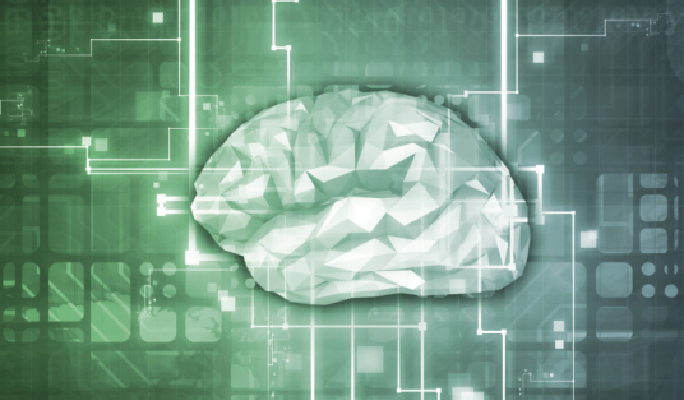
INDUSTRIAL
Custom DNN Deployment on AI Hardware Accelerator
learn more

INDUSTRIAL
AI Hardware Accelerator Benchmarking
learn more

INDUSTRIAL
Real Time Color Detection
learn more
We're here to help! Reach out to us with any questions or inquiries.


AI Analytics involves using artificial intelligence techniques to analyze and interpret complex data sets. They are important because they help businesses gain actionable insights, improve decision-making, and optimize operations through advanced data analysis.
AI Analytics integrates with Data Management by leveraging clean, well-organized data to build accurate and reliable analytical models. Effective data management ensures that the data used for AI analytics is of high quality, properly formatted, and readily accessible, thereby enhancing the accuracy and efficiency of AI-driven insights.
Model Development in AI Analytics involves several steps, including data collection, data preprocessing, feature selection, model selection, training, validation, and deployment. This process aims to create predictive models that can analyze data and provide insights or forecasts based on historical patterns and trends.
An AI SDK (Software Development Kit) provides developers with the tools, libraries, and frameworks needed to create, implement, and deploy AI Analytics solutions. It simplifies the integration of AI capabilities into applications, allowing for efficient model development, testing, and deployment.
Implementing AI Analytics in a business offers numerous benefits, including improved decision-making through predictive insights, enhanced operational efficiency, personalized customer experiences, and the ability to identify new business opportunities and mitigate risks proactively.
Companies can ensure the success of their AI Analytics initiatives by investing in high-quality data management practices, leveraging robust AI SDKs for development, continuously refining their model development processes, and fostering a culture of data-driven decision-making. Additionally, collaborating with experienced AI and data analytics professionals can significantly enhance project outcomes.

